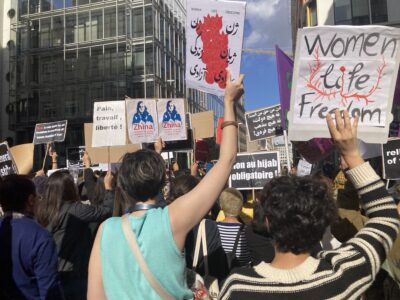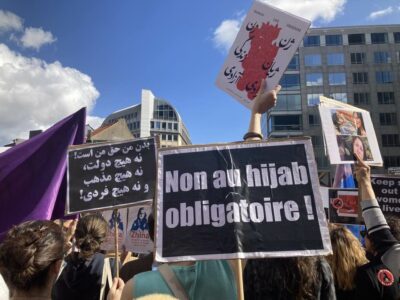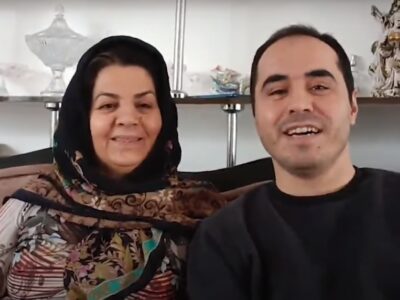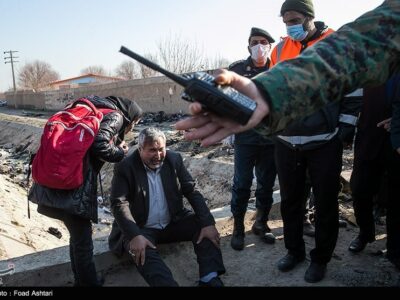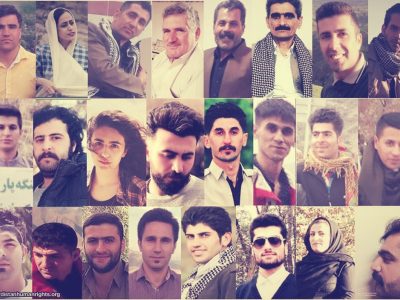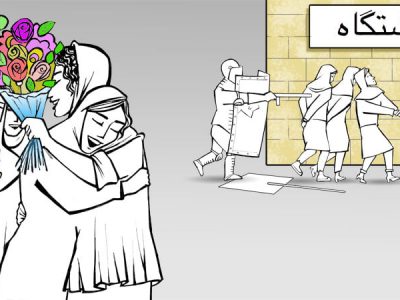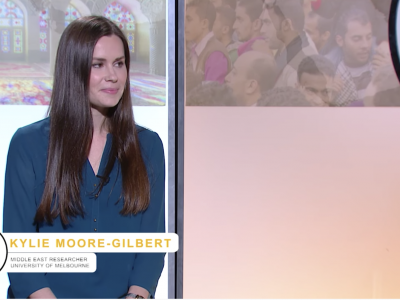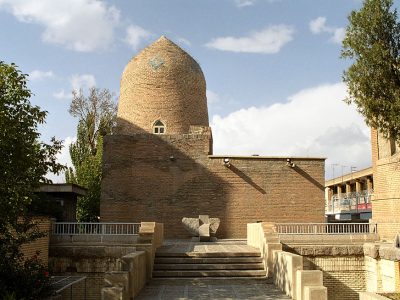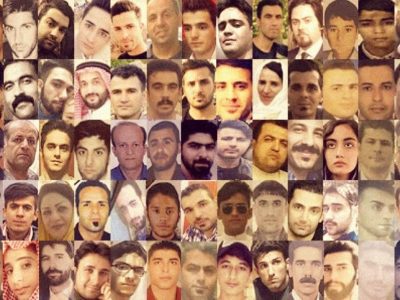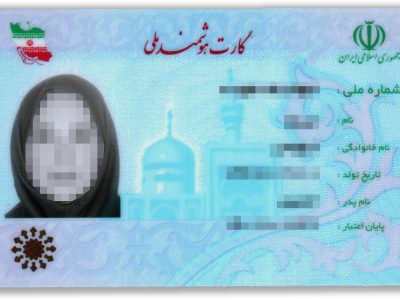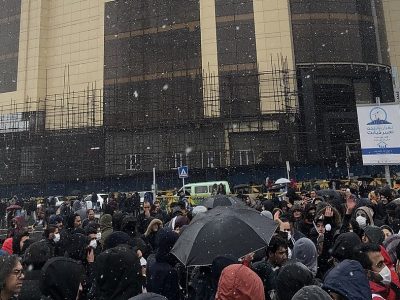I am an Iranian journalist, blogger, and researcher based in Europe. I began my journey with Global Voices in the summer of 2005, using the nicknames ‘Farid Pouya’ and ‘Hamid Tehrani’. I served as the Iran editor at Global Voices from May 2006 to January 2015. Over the years, I have actively contributed to various digital projects, including Digiactive and the March 18 Movement, which received the Think Social award (The Paley Center for Media) in 2009.
I also co-edited and co-authored the book ‘Hope, Votes, and Bullets,’ which delves into Iran's protest movement and its relationship with social media. For approximately nine years, I held the position of Online Editor-in-Chief at Radio Free Europe/Radio Liberty's Persian service, known as Radio Farda, located in Prague.
You can follow me on Twitter: @fredpetrossian.
Latest posts by Fred Petrossian
Why Iranian human rights groups remain silent as the Israel–Iran conflict escalates
The silence haunts Iranian human rights organizations regarding this looming conflict and raises critical questions about their priorities, independence, and future direction.
In Iran, persecuted minorities can also turn into persecutors
For the past four decades, the Islamic Republic has systematically repressed religious minorities. However, within society, some oppressed minorities have mirrored this behavior and become oppressors themselves.
Religious minorities in Iran face cultural violence
Over the last 45 years, the Islamic Republic has weaponized textbooks, religious debates, movies, city walls, and even cemeteries to impose cultural violence, particularly over religious minorities, but it faced resistance.
Is there a double standard in how foreign-funded Persian media covers the opposition?
Four experts explain why there is a double standard in how the foreign-funded big Persian media are covering the Iranian opposition, neither criticizing them nor demanding transparency.
Iran's creative resistance: From hugs and kisses to tossing turbans
Despite harsh repression, the nationwide movement for freedom continues in Iran. Protesters have used creative ways in their resistance against the tyranny which shakes the authority of theocrats.
Supporters hold rallies around the world in solidarity with the Iranian people
As the protest movement in Iran continues, rallies in solidarity with the Iranian people’s struggle for freedom and justice were held in more than 150 cities worldwide over the weekend.
Protests erupt in Iran over the death of Mahsa Amini
Protests erupted in Iran over the death of Mahsa (Zhina) Amini, a 22-year-old woman, following her detention by the country's morality police for allegedly breaking hijab rules.
Iranian protesters demand justice after deaths in Abadan’s building collapse
Thousands of Abadan residents in southwest Iran took to the streets to protest against the incompetence of their government after the catastrophic collapse of a building, and chanted anti-government slogans
Well known Iranian blogger Hossein Ronaghi goes on hunger strike after his abduction by authorities
Security forces took the blogger away in a raid, without informing his family of charges or his whereabouts. He later appeared in the notorious Evin prison where he was held in 2010.
Iranians demand justice on anniversary of airplane downing
Protesters in Tehran and Toronto, where many of the victims lived, called for justice against those responsible, as April's court ruling did not reveal identities, ranks or punishments of those convicted.
Iranian state comes down hard on protests over ‘Thirsty Khuzestan’
Three years ago, protests broke out in Iran's richest province of Khuzestan against water shortages. Like today's, these were also met with force, as protesters blame government corruption and mismanagement.
Iran's oppression of its Christians tears daughter from convert parents
The court ruling denying Sam Khosravi and his wife custody of their adopted daughter after converting to Christianity is one way the state's utilizes the judiciary to clampdown on minorities.
Nearly a hundred Kurdish activists detained by Iran's security forces in 2021
An interview with Switzerland-based KMMG’s director reveals how recent arbitrary detentions of Kurds and other minorities coincides with the regime’s bid to fortify its rule amidst piling internal challenges.
New book tells stories of suffering and resistance from Iran’s female prisons
In "White Torture," Narges Mohammadi interviews 12 female political prisoners—and shares her own experiences in an Iranian jail, where she spent eight and a half years.
Melbourne academic Kylie Moore-Gilbert remains a ‘political hostage’ inside Iran’s Qarchak prison
"Whatever the governments of #Australia and the #UK are doing to free their citizen, Kylie Moore-Gilbert from prison in #Iran, it’s failing miserably. This innocent woman should be free."
Desecration of three religious sites in Iran signal the Islamic Republic's continued oppression of minorities
"Pressure on religious minorities has also taken the form of persecution of individuals by accusing them of promoting 'propaganda against the Islamic Republic or 'belonging to hostile groups.
Two Iranian rights activists revisit the November 2019 internet shutdown
“Hundreds of protestors were killed in a matter of three days and most of the world was not aware of what happened.’’
To apply for a national ID card in Iran, members of ‘unrecognized’ religious minorities now need to deny their faith
The removal of the "other religions" option from the national ID card application form essentially bars members of certain religious minorities from full citizenship.
Iran protests: Flying bullets and internet shutdown
The current protests are more widespread, more diverse in terms of class, and characterized by a brutal government response that includes a near-total shutdown of the internet.
Winning a literary award won't set you free: An interview with author and asylum-seeker Behrooz Boochani
Australia's detention camps whistleblower describes conditions as hellish
Iran's invisible children
"Given the Islamic Republic’s history of discrimination against ethnic and religious minorities, this lack of infrastructure, economic negligence and the depth of poverty appears intentional..."





